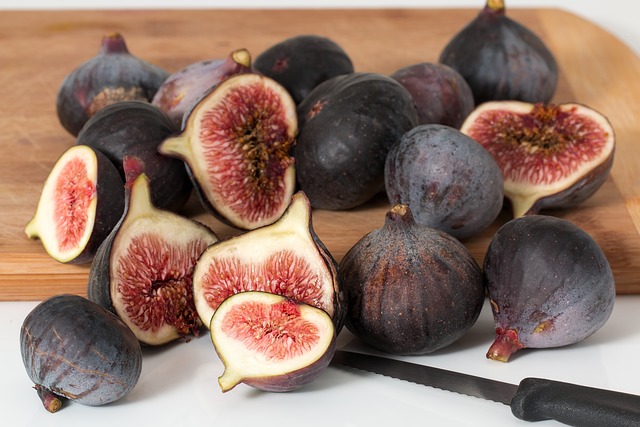Probiotics vs. Prebiotics: What’s the Difference?
Probiotics and prebiotics are two types of dietary supplements that are often mentioned together. While they both play a role in promoting gut health, they have different functions and benefits. In this blog post, we will explore the difference between probiotics and prebiotics.
What are Probiotics?
Probiotics are live microorganisms that are beneficial for the digestive system. They are often referred to as “good bacteria” because they help maintain a balance between good and bad bacteria in the gut. Probiotics can be found naturally in fermented foods like yogurt, kefir, kimchi, and sauerkraut.
Probiotics can also be taken in the form of dietary supplements. They come in different strains, such as Lactobacillus acidophilus, Bifidobacterium lactis, and Streptococcus thermophilus. Each strain has a different function and benefits.
Probiotics have been shown to help with a variety of digestive issues, such as diarrhea, constipation, and irritable bowel syndrome (IBS). They also play a role in boosting the immune system and promoting overall health.
What are Prebiotics?
Prebiotics are a type of dietary fiber that are not digested by the body. Instead, they pass through the digestive system and provide food for the good bacteria in the gut. Prebiotics can be found naturally in foods like bananas, onions, garlic, and artichokes.
Prebiotics can also be taken in the form of dietary supplements. The most common type of prebiotic supplement is inulin, which is derived from chicory root.
Prebiotics have been shown to help promote the growth and activity of beneficial bacteria in the gut. They may also help reduce inflammation in the body and improve gut function.
The Difference between Probiotics and Prebiotics
The main difference between probiotics and prebiotics is that probiotics are live microorganisms, while prebiotics are a type of dietary fiber. Probiotics work by colonizing the gut with beneficial bacteria and helping to maintain a balance between good and bad bacteria. Prebiotics work by providing food for the good bacteria in the gut, promoting their growth and activity.
Another difference between probiotics and prebiotics is that probiotics can be found naturally in fermented foods, while prebiotics are found in certain plant foods. Probiotics can also be taken in the form of dietary supplements, while prebiotics are typically taken as a dietary supplement.
Do You Need Both Probiotics and Prebiotics?
Probiotics and prebiotics are both important for maintaining gut health. While you can get probiotics from fermented foods, it may be difficult to get enough of them to make a difference in your gut health. This is where probiotic supplements can be helpful.
Similarly, while you can get prebiotics from certain plant foods, it may be difficult to consume enough of them to have a significant impact on your gut health. This is where prebiotic supplements can be helpful.
Ultimately, whether you need both probiotics and prebiotics depends on your individual health goals and needs.
The Bottom Line
Probiotics and prebiotics are two types of dietary supplements that are often mentioned together. Probiotics are live microorganisms that colonize the gut with beneficial bacteria, while prebiotics provide food for the good bacteria in the gut. While you can get both probiotics and prebiotics from natural food sources, supplements may be necessary to achieve optimal gut health. Talk to your healthcare provider to determine if probiotic and/or prebiotic supplements are right for you.







